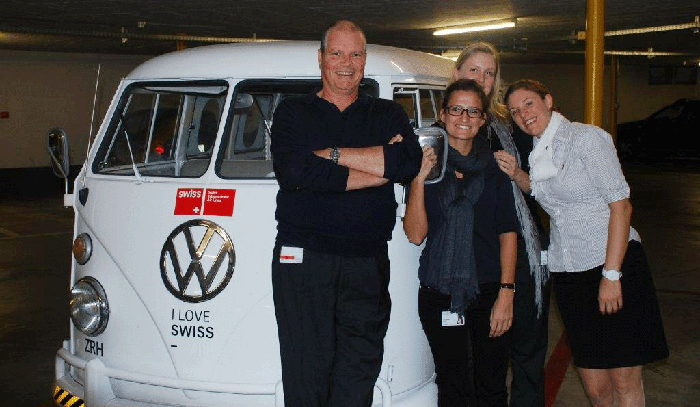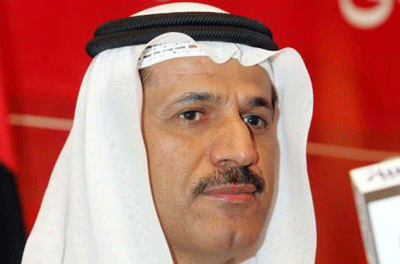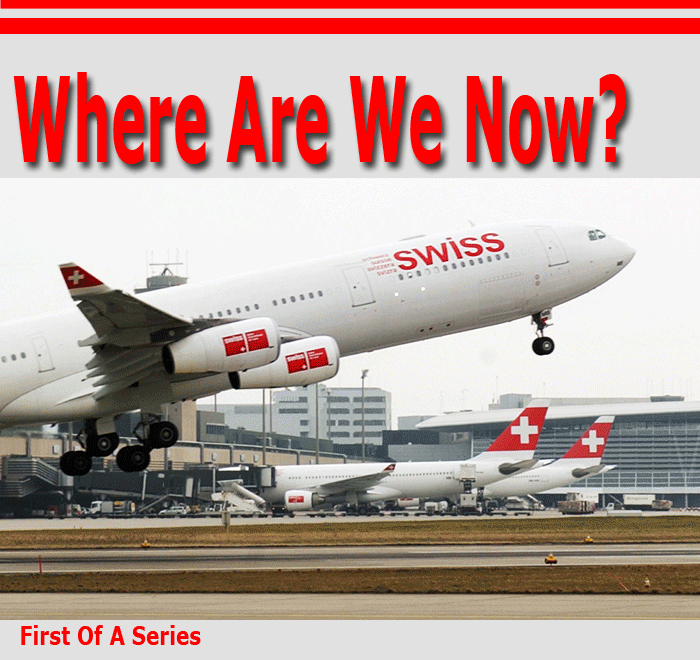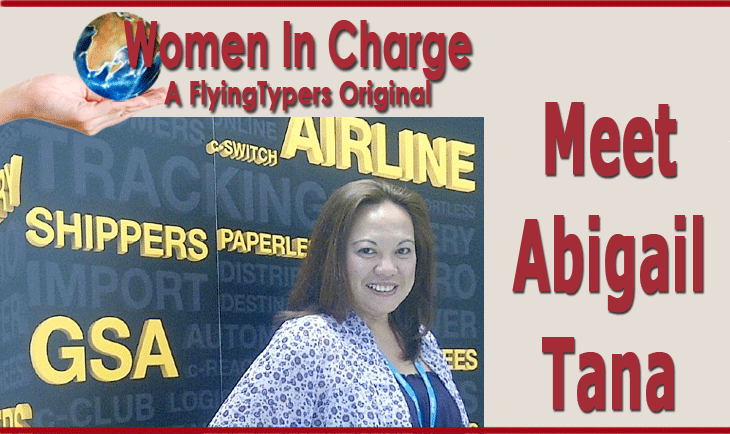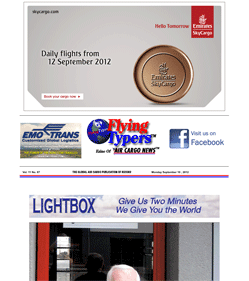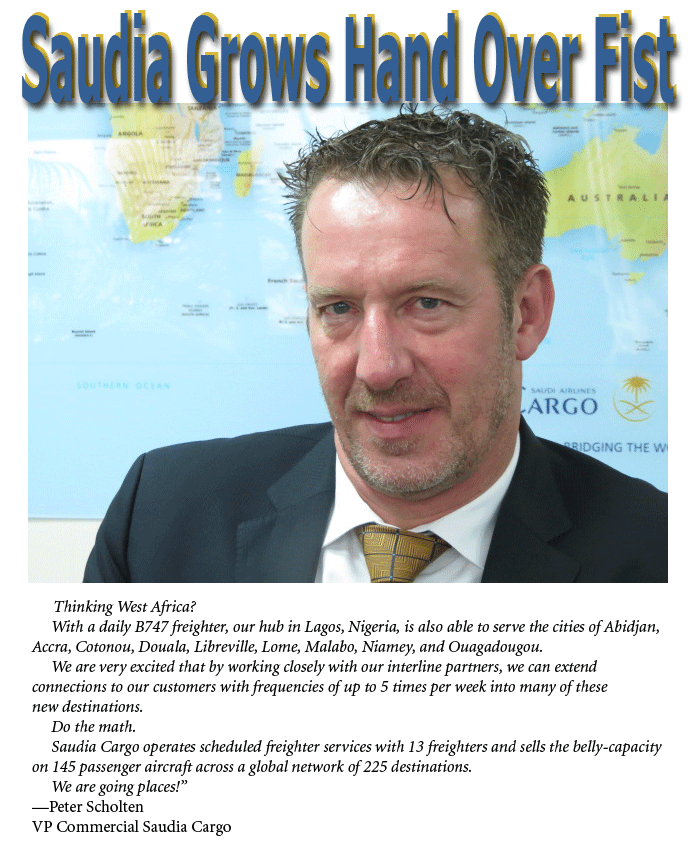
Back to work after
a break last month, Peter Scholten recaps a super summer 2012 and
looks ahead to the busy new season.
Right now Peter Scholten, VP Commercial
Saudia Cargo, is at work, part of a dedicated and determined team
that is building Saudia Cargo for one of the great, pioneering,
legacy carriers of the world.
Saudia Cargo is on the move, and with
one of the largest passenger and cargo fleets on the planet, it
is well underway to becoming a global force to be reckoned with.
“Our top priority was the smooth
handling of the massive air cargo peak to Saudia Arabia during the
Ramadan and EID season.
“Saudia Cargo experienced cargo
tonnage growth of 40 percent compared to last year.
“Now that the festive season
is finished we can look back at some challenging moments in our
warehouses (particularly in Riyadh)—warehouses filled with
import cargo to maximum capacity.
“We managed this year's peak
much better than the years previous on import cargo and had no major
service failures on our transit and export cargo.
“That said we all know that
right now the air cargo business is very challenging.
“There is strong competition
on any international lane that we operate in the world and the volumes
are mostly down.
“The global cargo market volumes
are in decline while capacity is growing.
“Markets that are the exceptions
are exports to Saudi Arabia from all regions in our network, and
Asia to Middle East and Africa.
“For the remainder of the year
we anticipate that the global cargo market will not show any significant
changes compared to the same period of 2011.
“The overcapacity in many markets
will continue to put pressure on rates.
“Saudia Cargo is serious about
cargo.
“As a separate company, cargo
is our core business; it is the only thing we do.
“With 13 freighters we offer
the largest freighter fleet of the Middle East carriers and sell
the belly capacity on 145 aircraft serving the Saudia passenger
network of 85 destinations.
“Offering that mix of freighters,
belly, and trucking services, our effective network adds up to 225
destinations via our 3 main hubs in DMM, RUH, and JED.
“So we feel good about ourselves
and that feeling is reflected by our service partners and other
clients telling us that they also are experiencing Saudia Cargo
improving the services around the world and in the main hubs in
Saudi Arabia.
“The feedback we get is that
we are making progress in catching up with the service levels of
our competition; it is both quite satisfying and also driving our
customers to continually growing their business with us.
“They say they support Saudia
Cargo because they believe that the company will be amongst the
top cargo airlines in the future and will survive any market situation.
“We are growing our ad hoc charter
business with triple digit percentages and see strong demand between
Europe, Middle East, Asia, and Africa on various routes between
these regions.
“Our geographic location is
perfectly positioned to capture a big trunk of the unpredictable
charter business.
“From September 2012 onwards
we will have two B747-200 aircraft available for the ad hoc charter
market.
“I am proud of the fact we are
growing our business in a declining market with tremendous competition.
“We are getting huge support
from the major forwarders and climbing fast on their respective
carrier rankings.
“That we are the global market
leader to Saudi Arabia might not come as a surprise, but that Saudia
Cargo became the market leader with daily B747 freighters to Lagos
is something many industry experts wouldn't have predicted 2 years
ago.”
Geoffrey/Flossie
|


